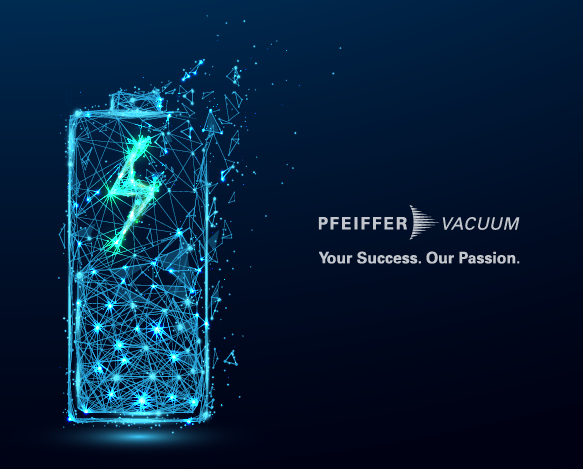Second-Life Battery Applications in Europe (February 2024)
Battery-News presents an up-to-date overview of planned and already implemented projects in the field of second-life applications for lithium-ion batteries.
Second-Life Battery Applications in Europe (February 2024) Read More »










